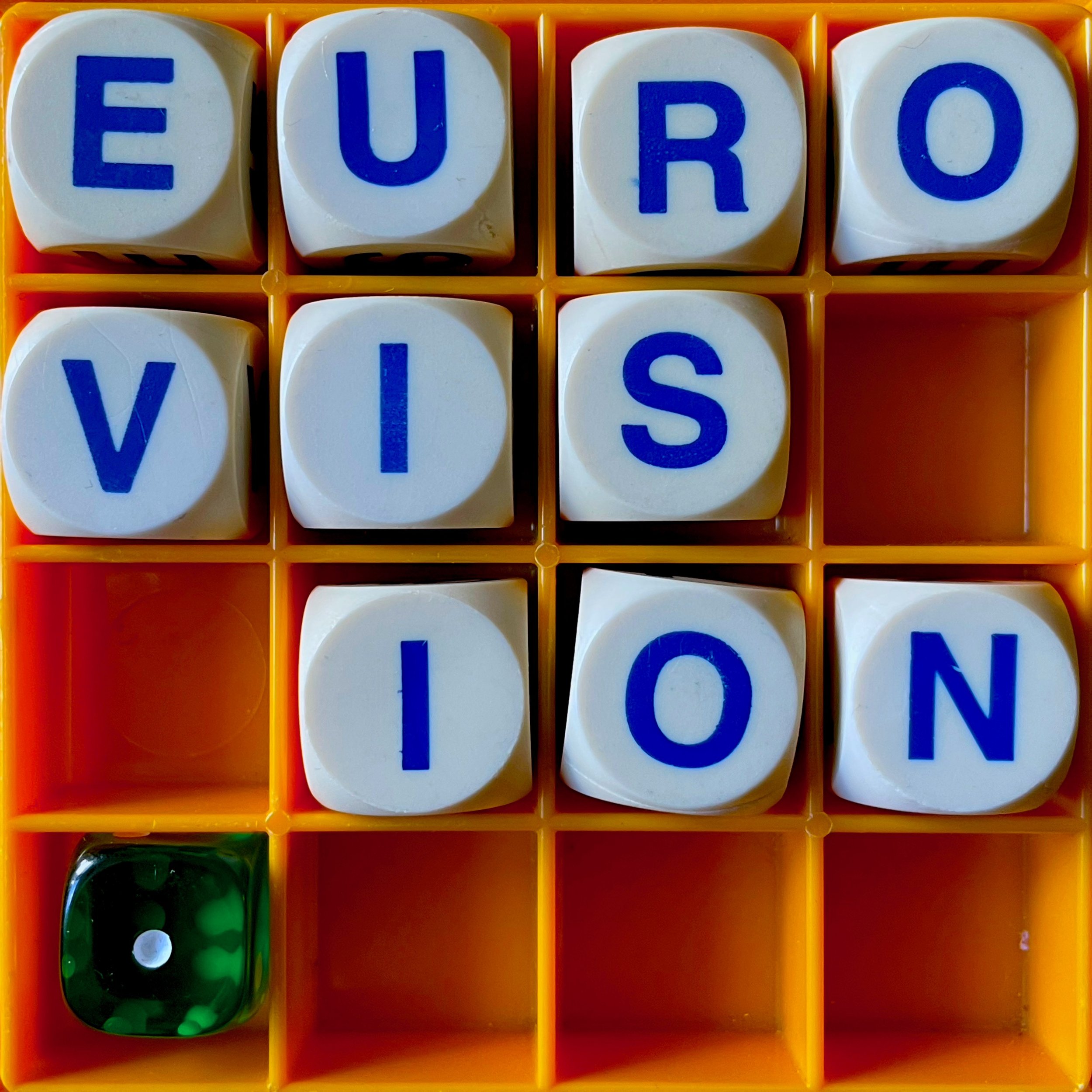There aren't many multilingual, multinational television shows that have been running for nearly seven decades. But what makes the Eurovision Song Contest so special to me is not the music, or the dancing, or the costumes that range from spangletastic to tear-off: no, it's the people butting heads about language. Historian Dean Vuletic, author of Postwar Europe and the Eurovision Song Contest, recounts the many changes in Eurovision's language rules, and its language hopes and dreams.
Read moreAllusionist 117. Many Ways At Once
The Scots language didn’t have much of an LGBTQ+ lexicon. So writer and performer Dr Harry Josephine Giles decided to create one.
Read more

